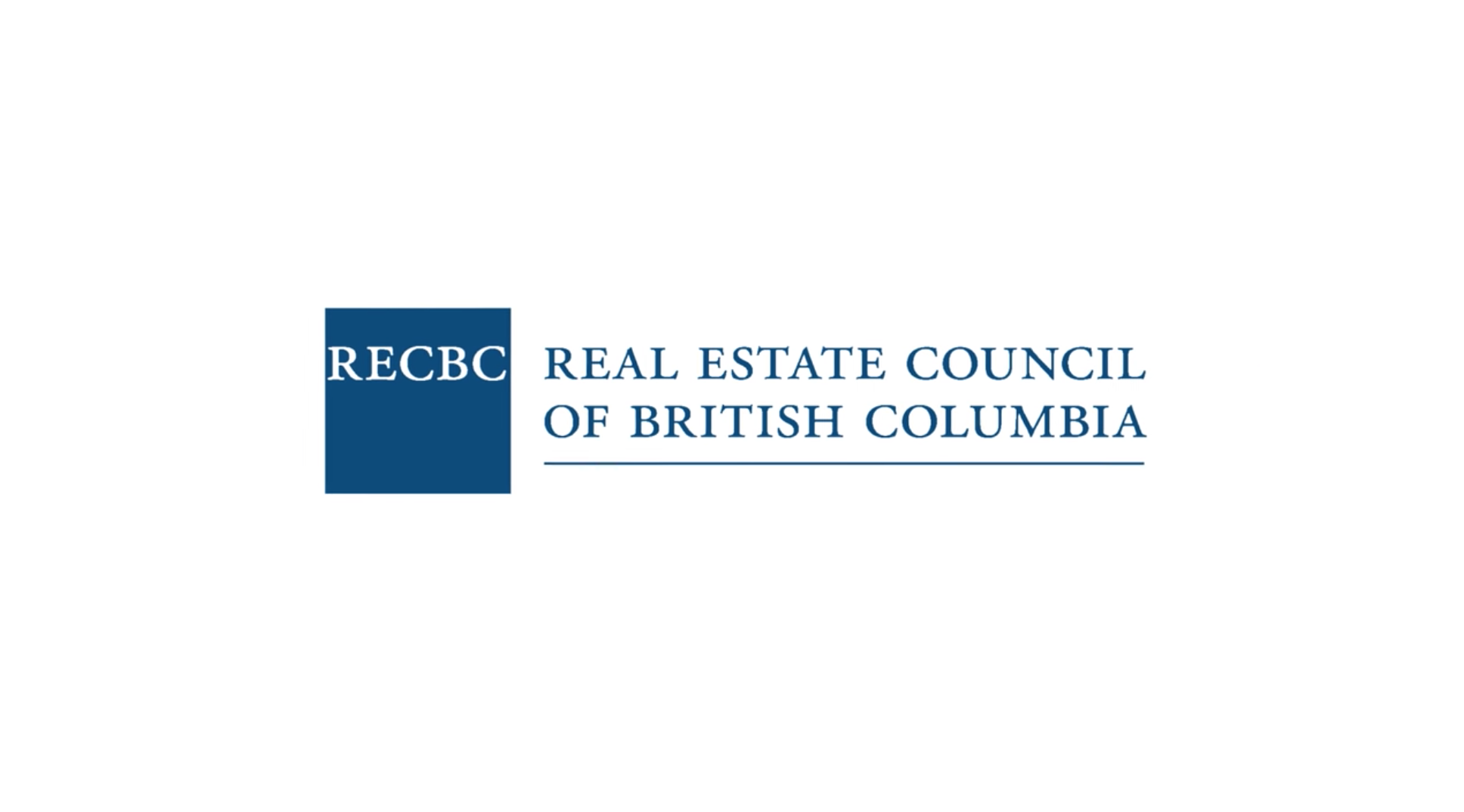
The deadline to complete the annual declaration to claim an exemption for the provincial government’s Speculation and Vacancy Tax is coming up on March 31.
Bill 45: Budget Measures Implementation (Speculation and Vacancy Tax Act) was introduced in the legislature on October 16, 2018. The name of the tax has changed since it was first proposed in the February 2018 provincial budget. Legislation is in place and received royal assent (became law) on November 27, 2018.
The tax will apply in these designated taxable regions of BC:
- Metro Vancouver, including the University Endowment Lands, but excluding Bowen Island and Lions Bay;
- Abbotsford, Mission, Chilliwack;
- Kelowna, West Kelowna,
- Capital Regional District,
- Nanaimo
- Lantzville
Reserve lands, treaty lands and lands of self-governing Indigenous Nations are not part of the taxable regions.
Tax rate
For 2018, the tax will be 0.5 per cent of a property’s assessed value for all properties subject to the tax in the designated taxable regions.
For 2019 and subsequent years, the tax will be levied at:
- 0.5 per cent for British Columbians and other Canadian citizens or permanent residents who are not members of a satellite family; and
- two per cent for foreign owners and satellite families.
The tax will be levied on December 31 each year.
Declarations
Residential property owners in the designated taxable regions will have to complete an annual declaration to claim exemptions. If there are multiple owners of a home, each owner must complete a declaration by March 31.
Information on how to declare has been mailed to residential property owners within the taxable regions.
Are there exemptions?
There are exemptions for principal residences and long-term rentals.
Exemptions are also available for:
LIST OF EXEMPTIONS
Principal residence exemptions
An owner is exempt on their principal residence. Owners with multiple homes must determine which home is their principal residence. Couples are deemed to have one principal residence for the purposes of the tax. To be eligible for this exemption an owner must be a Canadian citizen or permanent resident who is a BC resident for income tax purposes and isn’t part of a satellite family.
Others eligible for the principal residence exemption:
- Residential care facility exemption – an owner is exempt from the tax for up to two years if they’re away from their home residing in a residential care facility due to age, disability, addiction, illness or frailty. The care facility must provide services such as meals, housekeeping or nursing care.
- Medical absence from principal residence – an owner is exempt from the tax if they’re away from their home and ineligible to claim the principal residence exemption because of medical treatment for themselves, their spouse or minor child. The medical condition must be certified by a medical practitioner. The owner must show that the treatment isn’t offered close to the principal residence of the person receiving the medical treatment. To be eligible, the property must have been the owner’s principal residence in the previous tax year. This exemption is available for up to two years for the same medical condition.
- Principal residence of a person with a disability – owners of a property are exempt if the property is the principal residence of a person with a disability as determined under the Canada Pension Plan, Employment and Assistance for Persons with Disabilities Act, or the federal Disability Tax Credit under the Income Tax Act.
- Spousal separation for work exemption – spouses who live apart for work reasons may be able to claim a principal residence exemption on an additional home. Owners will only qualify if one of the following two conditions apply:
- One principal residence is at least 100 kilometres closer to the workplace than the distance between the other principal residence and the workplace; or
- One principal residence is on Vancouver Island and the other residence is not on Vancouver Island.
- Spousal separation for medical reasons – spouses who live apart for a medical reason may be able to claim principal residence exemptions on an additional home. To qualify, a medical practitioner must certify that an individual has a health condition. The owner must provide information as to why the condition prevents them from residing in their spouse’s principal residence.
- Principal residence exemption for residents departing BC – an individual who moves out of the province before the end of the year can still claim a principal residence exemption if the individual was not a BC resident for tax purposes at the end of the year.
- Additional one-time principal residence exemption – a B.C. resident can claim a one-time principal residence exemption if they’re away from their principal residence for an extended time or no longer living in it. To be eligible, the property must have been the owner’s principal residence in the tax year immediately before the year they make the claim. This exemption can only be used if it hasn’t been used in the last 10 years.
Rental exemptions
Rental exemptions are available for homes occupied by tenants. To qualify, the home must be occupied for at least six months of the year in increments of one month or longer. For 2018, tenants need to occupy for only three months in increments of one month or longer for the owner to qualify for this exemption. Only one residence must be rented for the property to be exempt.
- Arm’s-length rentals – all owners are eligible for a rental exemption for an arm’s-length tenant, as long as there is a written tenancy agreement in place under the Residential Tenancy Act and the tenant resides at the property. An arm’s-length tenant is a business-only relationship: anyone other than a non-arm’s tenant.
- Non-arm’s-length rental exemption – owners who are Canadian citizens or permanent residents of Canada, but not satellite families, will also be eligible for the rental exemption for a non-arm’s length tenant as long as the residence is the tenant’s principal residence. Non-Canadians may be able to claim an exemption in respect of a non-arm’s length tenant in very limited circumstances.
Exemption for hazardous or damaged property
Owners of a property may claim an exemption if a residence is uninhabitable due to a hazardous condition or the property has been substantially damaged or destroyed. The property must have been uninhabitable for at least 60 days in the year. This exemption is available in the year the property became uninhabitable, and in the following year if the property remains uninhabitable for at least 60 days in the second year.
Medical exemption for second home
Owners are exempt for a calendar year on a secondary residence if it is periodically occupied by the owner (or owner’s spouse or child) to obtain treatment needed in the opinion of a medical practitioner, and the treatment facility is in close proximity to that second home.
Year of acquisition exemption
Owners are exempt in the year they buy a property if the transaction was exempt from property transfer tax for one of these reasons:
- First-time home buyers’ exemption;
- Newly built homes exemption;
- Reversion, escheated or forfeited land exemption;
- Transfers to or from a trustee in bankruptcy;
- Transfer of land by Public Guardian and Trustee; or
- Transfer to a veteran or veteran’s spouse;
In the year they acquire a property through the disposition of assets under the terms of a will.
Spousal separation exemption
Married couples, or common-law spouses living together in a marriage-like relationship for at least two years, are eligible for an exemption on family property if they have separated and live apart (due to a breakdown in a spousal relationship) for at least 90 days in a tax year.
- Couples are eligible for the exemption in the year they separate and live apart for at least 90 days that year and they don’t reconcile;
- Couples who separate less than 90 days from the end of the year will be eligible for an exemption the following year if they don’t reconcile; and
- Couples can claim the exemption for a second year if they have not finalized their division of family property by the end of the first year that they claimed the exemption.
Bankruptcy exemption
An owner or a trustee in bankruptcy is exempt from the speculation and vacancy tax if the owner’s property has vested with the trustee for at least 60 consecutive days in the year, or is vested with the trustee in bankruptcy on December 31.
Exemption upon death
If an owner of a property dies in a taxation year, all owners of the property at the time of death are exempt in the year of death and the immediately following tax year. The owner’s personal representative is also exempt, even if they weren’t on title at the time of the death.
Exemption for testamentary trusts for minors
The speculation and vacancy tax does not apply to property held in trust for a minor child, if the trust was established by a deceased parent or guardian of the child.
Exemption for properties with rental restrictions
All owners of a property where a covenant or a strata bylaw prevents the property from being rented out in a manner that would allow a rental exemption are exempt for the 2018 and 2019 tax years, if the rental restriction was in place on or before October 16, 2018.
Exemption for strata accommodation unit
Units in strata hotels are exempt for the 2018 and 2019 tax years.
Licensed daycare exemption
Properties that are used as licensed daycares are exempt from the speculation and vacancy tax.
Vacant land exemption
The speculation and vacancy tax will not be levied for the 2018 tax year for land that contains no residential property.
Other exempt properties and entities
Other exempt properties and entities include:
- Property owned by registered charities;
- Property owned by co-operatives;
- Property owned by not-for-profit corporations using the property for specific purposes;
- Property owned by municipalities;
- Property owned by Indigenous Nations, or held in trust for an indigenous Nation;
- Property owned by governments and related entities;
- Property owned by regional districts;
- Property owned by similar bodies as defined in legislation; and
- Property with an assessed value under $150,000.
Learn more
Read Frequently Asked Questions.
Subscribe to receive updates as new information about the speculation and vacancy tax is available.
BC Real Estate Association lobbied for exemptions to this legislation. Thanks to their work, the exemptions listed were enacted as part of the legislation.
Read full article here: https://www.rebgv.org/news-archive/what-you-need-to-know-about-bc-s-speculation-and-vacancy-tax.html?fbclid=IwAR3MX4y9eEuf2VsAVGV4IwExcVd63152gAo21LHT0u_ycG2crHkJkh4EMjE


